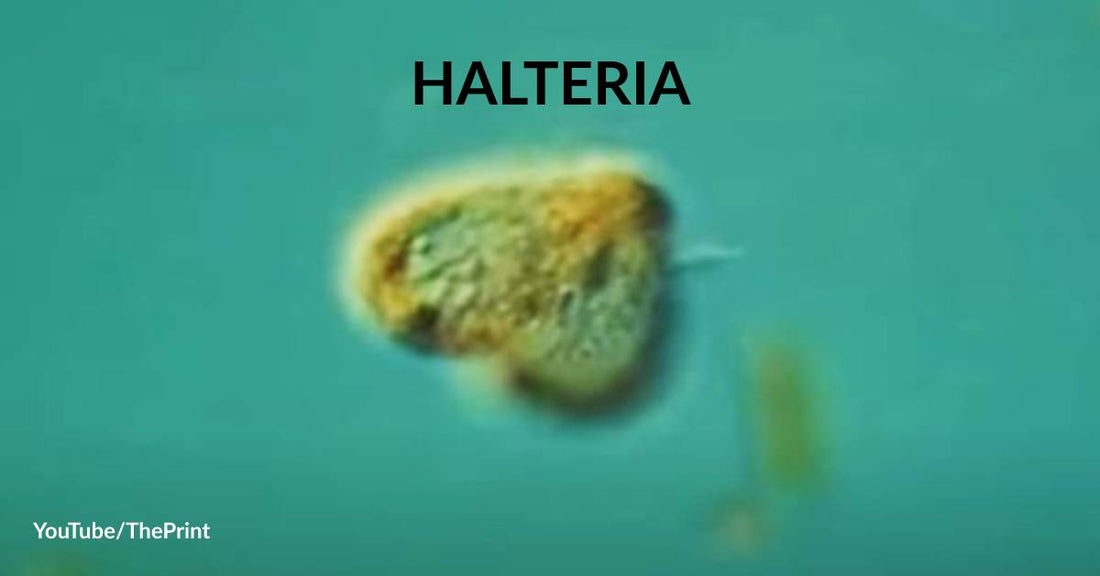World’s First Discovery of an Organism that Eats Viruses for Growth and Reproduction
Doris de Luna
Herbivores eat plants. Carnivores eat flesh. Omnivores eat both plants and flesh.
Virovore? Never heard of that before!
Well, it's a recent discovery. An organism that eats viruses, which John DeLong, a microbiologist at the University of Nebraska-Lincoln in the United States, and his team uncovered after years of speculations by many scientists.
 Photo: YouTube/ThePrint
Photo: YouTube/ThePrint“[Viruses] are made up of really good stuff: nucleic acids, a lot of nitrogen and phosphorous,” explained DeLong. “Everything should want to eat them. So many things will eat anything they can get ahold of. Surely something would have learned how to eat these really good raw materials.”
And what organism is this? Actually, they are two kinds of plankton organisms: Halteria and Paramecium. What's further amazing about these protists is that they can eat only viruses and still thrive.
 Photo: YouTube/ThePrint
Photo: YouTube/ThePrintDelong and his team observed this in their laboratory. They selected Chlorovirusa, which are plentiful in freshwater, with algae and stained the DNA with fluorescent dye. Afterward, they placed both viruses and Halteria in the same container while also keeping a control sample.
Soon, the vacuoles of the plankton began to glow, and they multiplied. On the other hand, the virus population significantly receded. With the control sample, where no viruses were added, the plankton did not increase in number. All of these results mean that the Halteria protists ingested the viruses.
 Photo: YouTube/ThePrint
Photo: YouTube/ThePrintThis is the first-ever documentation of virovory, wherein an organism feeds on a virus for growth and reproduction. But Delong believes that Halteria and Paramecium are not the only organisms that feed on viruses. There are many more of them that can be discovered, a belief that many scientists have held and been trying to prove.
Now, for certainty, viruses are part of the planet's food web, and this fact has a meaningful impact on the carbon cycle.
https://www.youtube.com/watch?v=S3rnmJOoISQ


